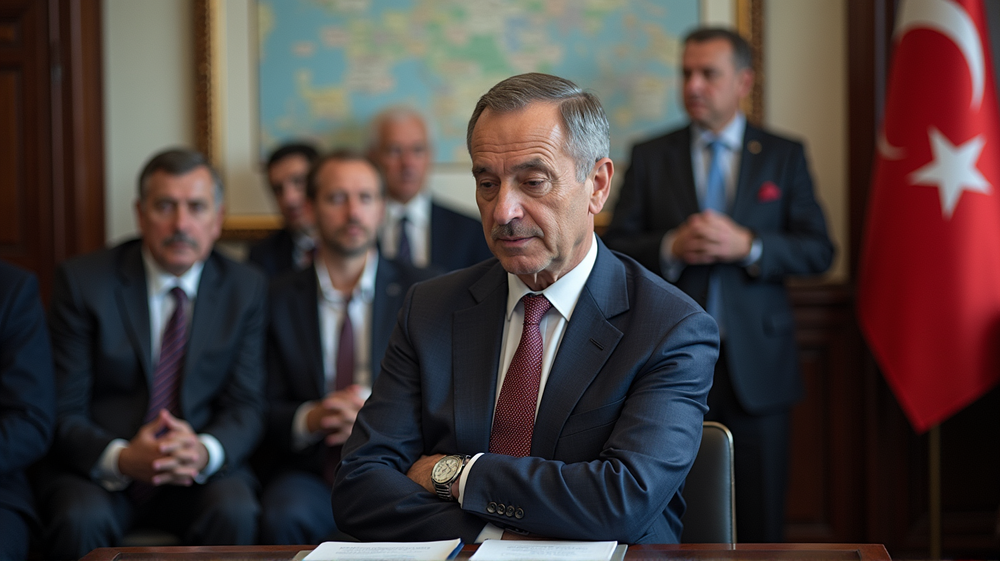Turkey Silences a Popular Voice: The Ban on Ekrem Imamoglu's X Account
Background of the Controversy
In a move that has sent ripples through international political circles, Turkey has restricted access to the social media account of Ekrem Imamoglu, the jailed mayor of Istanbul. This restriction came after a legal request from Turkish authorities who cited concerns over national security and public order. According to WTOP, this decision has reignited debates about the direction of democracy in Turkey under President Recep Tayyip Erdogan’s administration.
Engelli Web’s Role in Monitoring Censorship
Engelli Web, a monitoring platform for internet censorship in Turkey, reported that the platform X, where Imamoglu had amassed 9.7 million followers, complied with the Turkish authorities’ request. While Imamoglu’s communication on X is withheld within Turkey, it remains accessible internationally. Such actions have stirred discussions around digital freedom and the state’s reach over online spaces.
Legal Challenges and Appeals
Gonenc Gurkaynak, X’s legal representative in Turkey, has stepped forward to challenge the ban. He filed an extensive petition to counter the account’s blocking and preserve the platform’s integrity. This legal battle underscores the ongoing tug-of-war between state policies and corporate platforms in managing digital expression.
Political Implications and Public Reaction
This development has further complicated Turkey’s political landscape, with Imamoglu being a formidable opponent to Erdogan’s prolonged rule. Imamoglu’s arrest on corruption charges, and now the social media restriction, is perceived by his supporters as politically driven. The government’s assertion of the impartiality of the judiciary does little to soothe the critics who view this as an attack on free speech and an indicator of democratic regression.
Opposition’s Standpoint on Free Speech
Turkey’s opposition has responded vehemently, labeling the restriction as an assault on freedom of expression. For many, this action highlights a broader pattern of control and suppression faced by dissenting voices within the country. Imamoglu’s continued popularity, even from behind bars, suggests a resilient opposition that refuses to be silenced.
The Global Perspective
International observers are closely watching these developments, given the significance of Turkey’s political dynamics in the region. The restraint on Imamoglu’s account is not only a national issue but also a glimpse into the global tension between governance, technology, and civil liberties.
As the situation unfolds, it is critical to remain informed and engaged, as these actions have profound implications for the future of free expression in Turkey and beyond.




